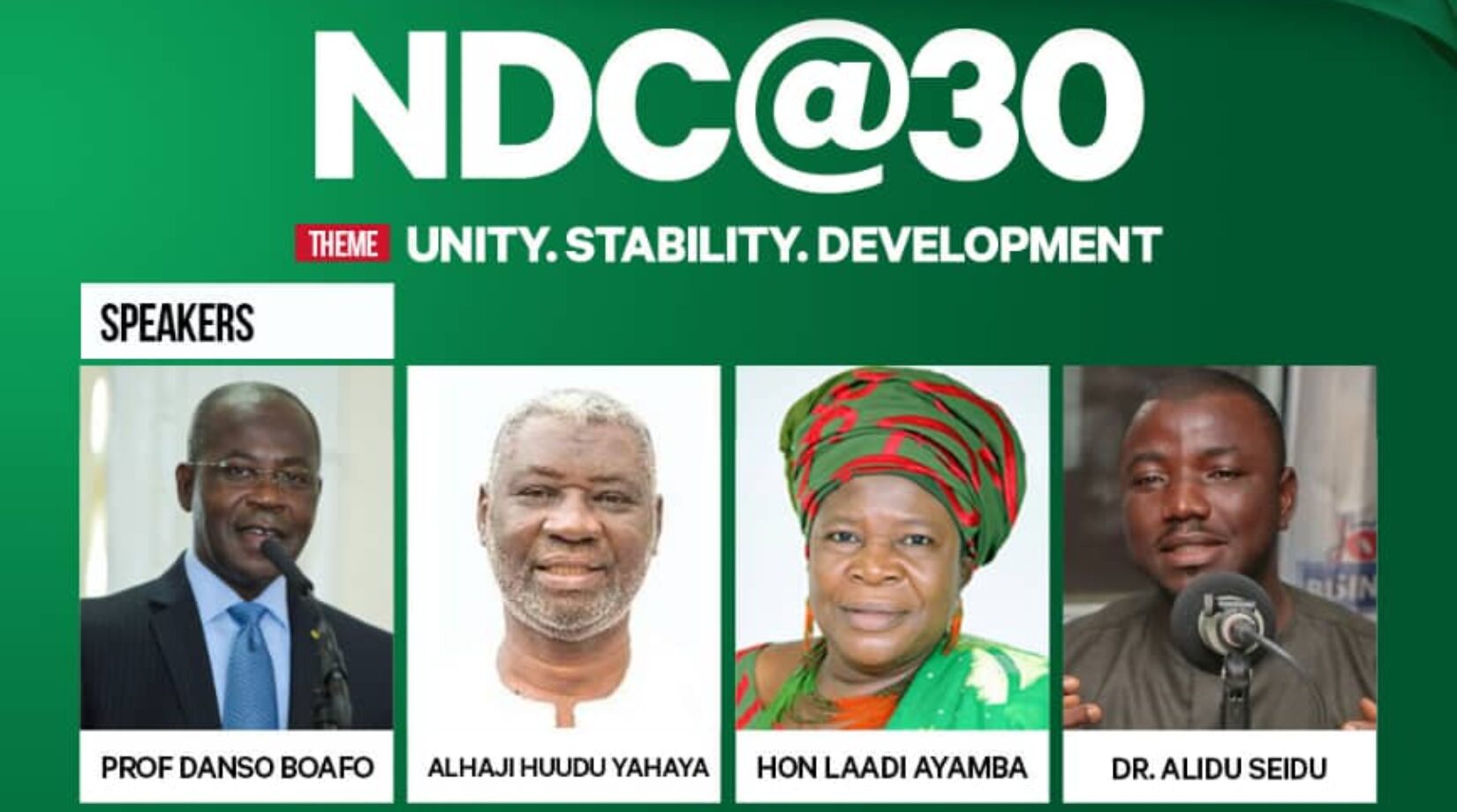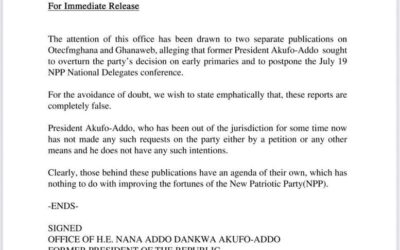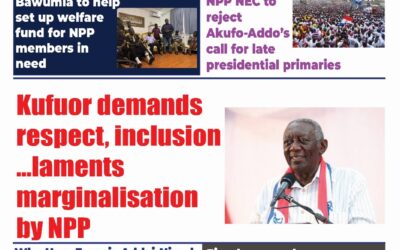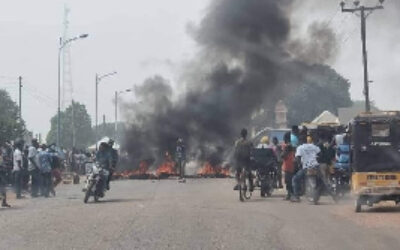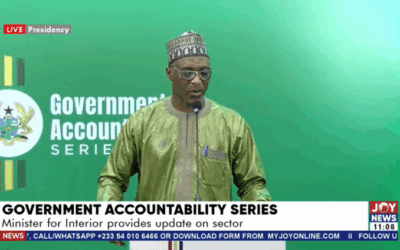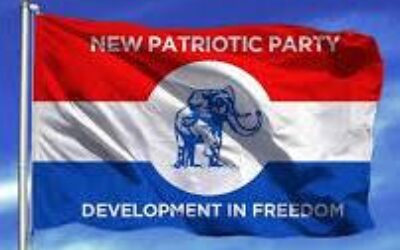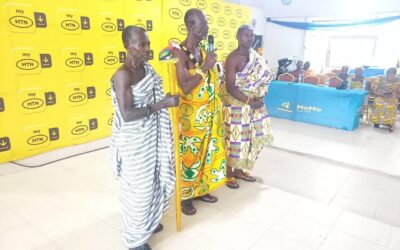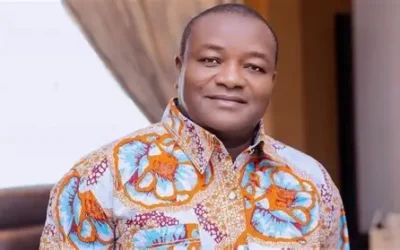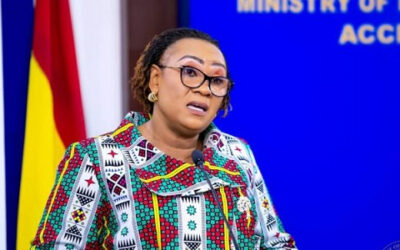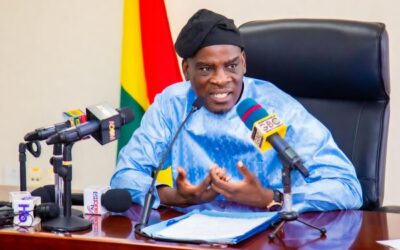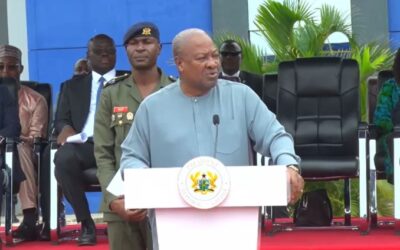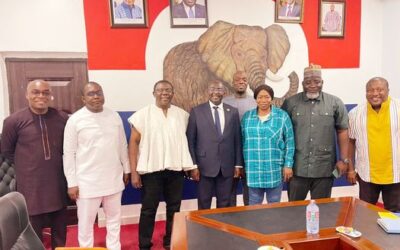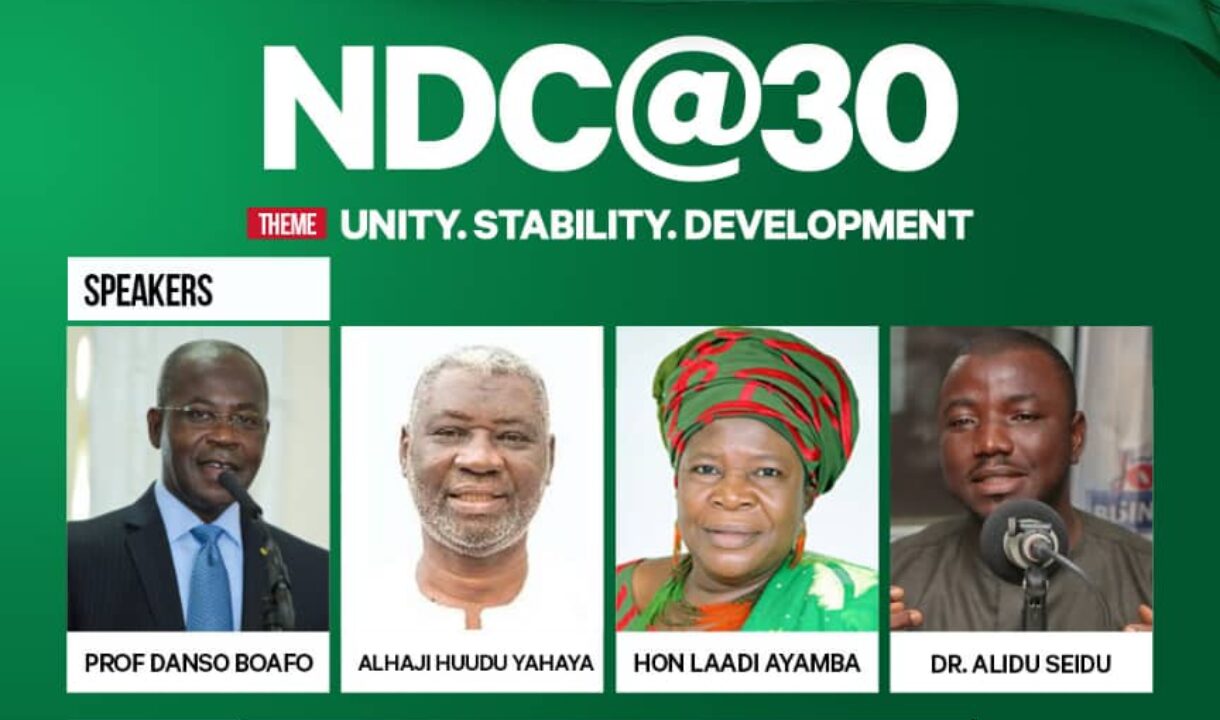The National Democratic Congress (NDC) is a social democratic political party in Ghana, founded by Jerry John Rawlings, who was Head of State of Ghana from 1981 to 1993 and the President of Ghana from 1993 to 2001.
The NDC has its roots from two major events, the June 4 1979 Uprising and the 31St December Revolution, which set the tone for transparency, accountability, probity and social justice in governance. Such critical values had elluded several administrations since the 1957 declaration of Independence; thus leading to military interventions. In fact, the rules of engagement set by the June 4 Uprising that led to the hand-over of power to Dr. Hilla Limann’s civilian administration were abused; thus, ushering in the 31St December Revolution.
Following the formation of the Provisional National Defence Council (PNDC), which prosecuted a “Holy War” on corruption and other social injustices, the country was ruled from 1982 to 1992 under the banner, ” The Decade that Stopped the Decay”.
Socio-economic and political factors underpinned the demand to return the country to civil rule. That called for the re-awakening of old political forces, principally, the Nkrumahist and Danquah-Busia-Dombo traditions.
It is of interest to know that, the operatives of the June 4 Uprising (a mostly military venture which called itself the Armed Forces Revolutionary Council – AFRC), and the 31St December Revolution (a mix of military and civilians, which constituted the Provisional National Defence Council – PNDC) were all people who had their heritage from either of the two political traditions.
It became a matter of debate between two major schools of thought. One school believed that a solid foundation had been laid for a tranquil civilian political climate and therefore operatives of the two processes could retire and join their original camps. It was however the opinion of another school that, there was the necessity to form a political party for good reasons: to protect the gains of the two processes, and to simmer down the excesses born out of the pains some families accused the operatives of the processes. Another salient factor was the need to form the foundations of a Third Force to break the existing duopoly that had been antagonistic and acrimonious to each other rather than being alternative agents for development.
Looking back, especially, on the political history of vilification, hatred and extreme polarization during the pre- and post-independence periods, it was a wiser choice that the school of thought to form a political party, mostly for the three reasons stated, won the hearts of the majority of adherents.
As a new block in the political scheme of affairs, with several shades of personalities from the military, Nkrumahist, Danquah-Busia- Dombo traditions, old and young revolutionaries who emerged from June 4 and 31St, and non-conformist admirers of Jerry John Rawlings – the leading architect of the
new order, it became obvious that a party-out-of-many was the right way to go.
So the adherents of JJ, the Jerryists, joined the old political players who were now seriously operating under several banners. For example, the Danquah-Busia-Dombo tradition mostly operated under the banner of “The Patriots”. The Nkrumahist groups were championed by “The New Nation”. For the Jerryist camp, Eagle 1, Eagle 2, Rawlings Fun Club and others were very visible.
To determine a name for the party was also a task. Some were of the opinion that, in order not to deviate and therefore forget our roots, it was expedient to choose People’s National Democratic Congress (to retain the abbreviation “PNDC” of old). Others were rather magnanimous to drop the “P” so as to churn a new path; thus, the National Democratic Congress – NDC.
It was “National” because it cut across the whole nation with its patrons. It was “Democratic” because it believed in the tenets of social democracy which proffered the gradual development of society based on freedom, equality, and solidarity of practitioners in achieving the common good. It was a “Congress” because it was built on the concept, “out of many, one group”.
The colours of the party were chosen to be Green (the resources of our land), White (the perpetual flame of victory), Red (remembering the struggles through the blood and toil of our forebear), and Black (our roots as Africans). The colours were designed in the form of an umbrella (Akatamanso), with the head of a bird perching at the top to signify the need for perpetual vigilance.
A slogan to direct the cause and course of the essence of forming the party was developed to stress the Unity (needed for building consensus and expression of the commonality of purpose, Stability (needed for continuity of policies and
programmes) and Development (needed to scale citizens from poverty and want to prosperity).
Towards its formation, the National Democratic Congress was given its provisional certificate by the Electoral Commission on June 10th 1992, which granted the NDC the right to operate as a legally registered political party. The joy attracted thousands of party faithfuls to the Centre for National Culture (Arts Centre), where a colourful ceremony was organized to outdoor the certificate. That is why that day is regarded as the Founding Day of the party. It is also instructive to mention that the final certificate of the registration of the party was issued by the Electoral Commission on 27th July, 1992.
The party has so far won four out of the eight General Elections since 1992. The governments of 1993-1996, and 1997-2000 (under Jerry John Rawlings) , 2009-2012 ( under Atta Mills) and 2012-2016 under John Dramani Mahama) were formed.
Source

